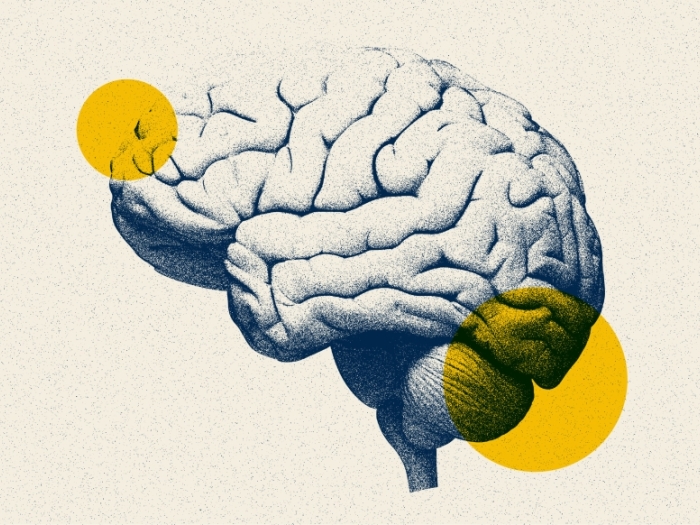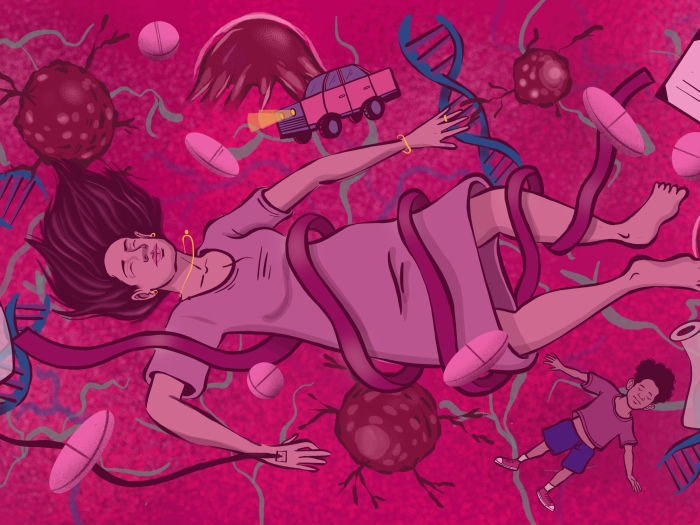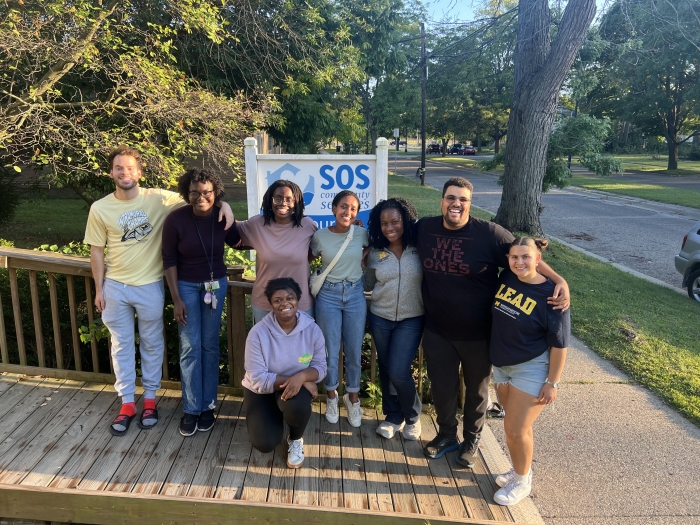
DCMB is pleased to welcome Anthony J. Wing, Ph.D., as a LEO Adjunct Lecturer III in the Bioinformatics Graduate Program, effective August 1. 2024. Wing is also a Research Specialist in Dr. Melissa Duhaime’s lab in the Department of Ecology and Evolutionary Biology (EEB) at the University of Michigan (U-M) College of Literature, Science and the Arts.
This Fall semester, Dr. Wing will guest lecture in BIOINF 575, BIOINF 527, and BIOINF 500 while providing departmental workshops across campus to brief faculty and students on Generative AI tools in the classroom. In Winter 2025, he will lecture for BIOINF 529.
Dr. Wing’s research appointment in EEB is primarily focused on the role of phages in Great Lakes harmful algal blooms (HABs). Through omics-based techniques and machine learning, he determines how phages influence the rise and demise of HABs from a community and population-level perspective. He uses CRISPR-Cas system trends and host-phage gene transfer to understand infection histories and the metabolic impacts phages may have on their hosts. With this work, he also hopes to identify genomic signals that distinguish intra- and inter-species infections, further informing our understanding of coevolution between host and phage.
Wing maintains a strong passion for scientific communication and public outreach in search of the next generation of stewards to protect our Great Lakes. In addition, he hopes to share the utility of Generative AI and the importance it holds in the future of education for faculty, students and the general public.
Dr. Wing earned his B.S. in Biological Sciences and M.S. in General Biology at Central Michigan University. He also earned an M.S. and Ph.D. in Ecology and Evolutionary Biology at the U-M.
Course Descriptions:
BIOINF 500
Credits: 1
Category: Success Skills in Bioinformatics
This course covers topics to help incoming Bioinformatics graduate students succeed and immerses students into the department. Topics include finding a mentor, a bioinformatics research area, and career path; using library, computational, and funding resources; writing papers and student grants.
BIOINF 527
Credits:4
Category: Non-major courses in Bioinformatics/Introductory Bioinformatics
Students will be introduced to the fundamental theories and practices of Bioinformatics through a series of integrated lectures and labs. A broad range of topics will be covered illustrating how bioinformatics is shaping the modern landscape of biomedical research. Students develop practical skills for processing, visualizing, and analyzing high-throughput biomedical data.
BIOINF 529
Credits: 3
Category: Introductory Bioinformatics
This course introduces Bioinformatics Program students to common topics in bioinformatics as well as corresponding computational approaches in those areas. Students will learn how to implement and apply various algorithms and statistical models to solve challenging problems and will also build a foundation for developing tools for future technologies.
BIOINF 575
Credits: 4
Category: Computing and Informatics
Programming Laboratory in Bioinformatics --- This course introduces the principles of general computer programming and relational databases as tools to solve problems in bioinformatics data analysis. General programming and graph generation is taught using the object oriented language Python but some variations may occur. The relational database language SQL is taught in conjunction with database design, construction and querying. Packages that extend the capabilities of Python are explored. Grades are based on homework, quizzes, participation in class discussions, and cooperative development of a group project or homework.
Some familiarity with programming concepts is recommended, but motivated students with knowledge of a bioinformatics application area and a logical approach to problem solving can succeed in this course.





